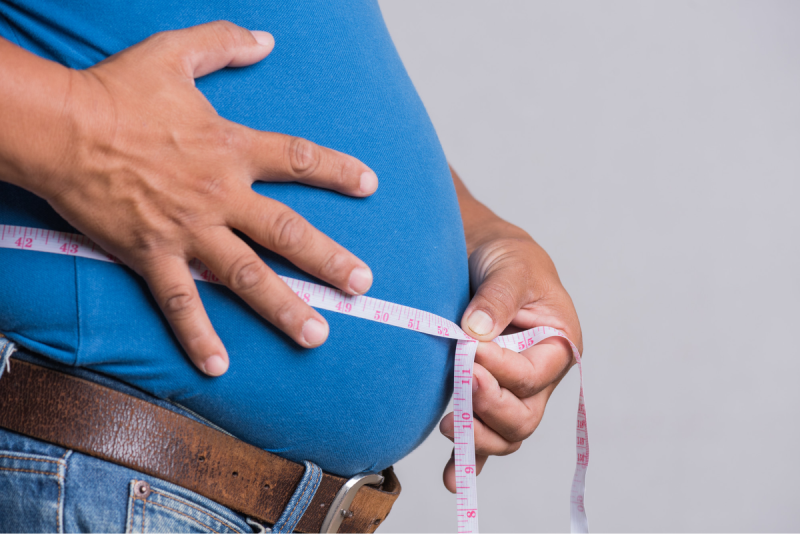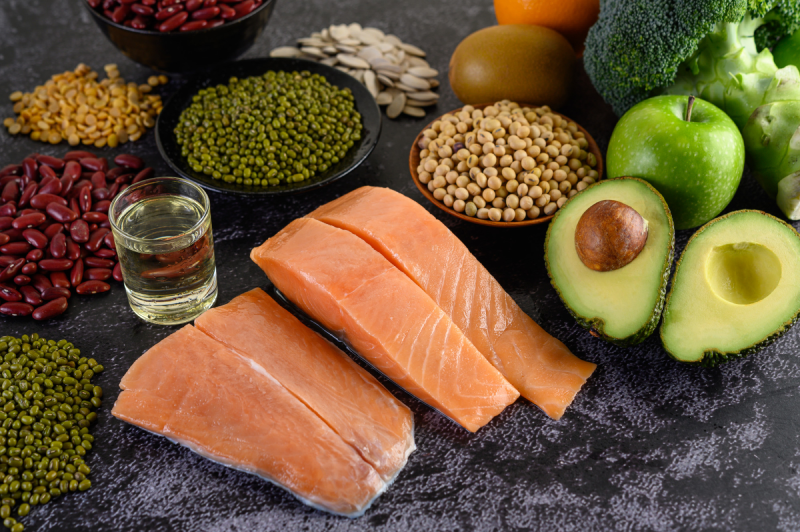Thirty years of official health advice urging people to adopt low-fat diets and to lower their cholesterol is having “disastrous health consequences,” a leading obesity charity warned yesterday.
Read the full article at: www.telegraph.co.uk
According to the report, the low-fat and low-cholesterol message, which has been official policy in the UK since 1983, was based on “flawed science” and had resulted in an increased consumption of junk food and carbohydrates. «Promoting low-fat foods is perhaps the biggest mistake in modern medical history» said Dr Assem Malhora, consultant cardiologist. The authors call for a return to «whole foods» such as meat, fish and dairy, as well as high-fat healthy foods like avocados. Despite the best efforts of government and scientists, current efforts have failed and the proof being that obesity levels are higher than they ever been, and show no chance of getting better. The increase in meal frequency plays an equal if not larger role in obesity and has largely been ignored.
That’s why DietSensor is here to help you! At DietSensor, we want you to fight your fear with knowledge and have made it so easy for you so that you may have a better standard of living. DietSensor, pioneer in automatic nutrient tracking – DietSensor brings a new level of simplicity and accuracy to diet trackers for people overweight or with food-related chronicle diseases.
However, nutrient counting in each type of food can be seen as an endless task where it can be inexact and downright tedious. To overcome such frustrating situations, DietSensor makes counting an easy process with the exact proportions of daily intake and at the same time an effective way to control obesity.




